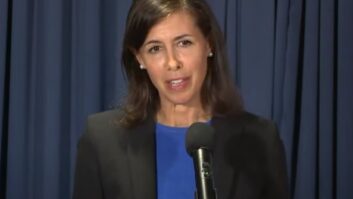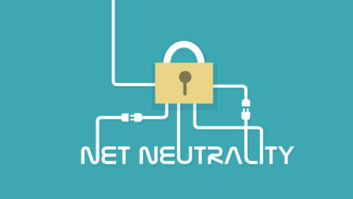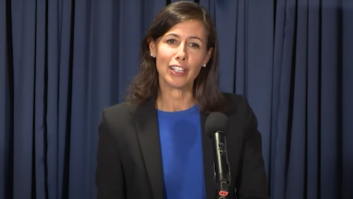WASHINGTON � The governors of Montana and New York recently signed executive orders declaring that telecommunications providers with state contracts must abide by net neutrality principles, according to rcrwireless.com. Montana�s Steve Bullock signed his order on Jan. 22, followed by Andrew Cuomo of New York.
The Title II regulation of internet services was lifted in mid-December by the Republican-controlled Federal Communications Commission in a party-line vote. Lawsuits were filed last week by around 20 state attorneys general, as well as public interest groups, to fight the end of net neutrality. Now governors are asserting their own state�s positions through executive orders.
Bullock�s executive order notes that the state �has a distributed data storage model and thousands of employees across the state � paid prioritization and throttling could fundamentally impact state employees� ability to conduct business…throttling and paid prioritization could limit Montana citizens� ability to receive government services and dramatically deepen the �digital divide� as well as exacerbate challenges our poorest citizens have in accessing government help,� according to the same article. In order to receive or renew a contract after July 2018 in Montana, a telecom provider must not block lawful and non-harmful content or devices or engage in paid prioritization.
In New York, state agencies may �only enter into contracts with ISPs that adhere to net neutrality principles and to ensure that internet services provided to [state agencies] include net neutrality protections, and specifically state that ISPs may not block lawful content, applications, services, non-harmful devices, or applications that compete with other services provided by the ISP.�
Meanwhile, in Washington, a federal appeals court has told the FCC to respond to a request that the court stay implementation of the FCC’s December media regulation rule rollback, according to Broadcasting & Cable.
In a petition for an emergency writ of mandamus filed last week, Prometheus Radio Project and Media Mobilizing Project had asked the court to block the Feb. 7 implementation of the FCC’s November broadcast ownership deregulation decision, and to direct the commission to �better gauge the impact of that decision on media ownership diversity before proceeding,� according to the same article.
The court gave the FCC until 3 p.m. on Friday, Feb. 2, to respond to Prometheus.
�











